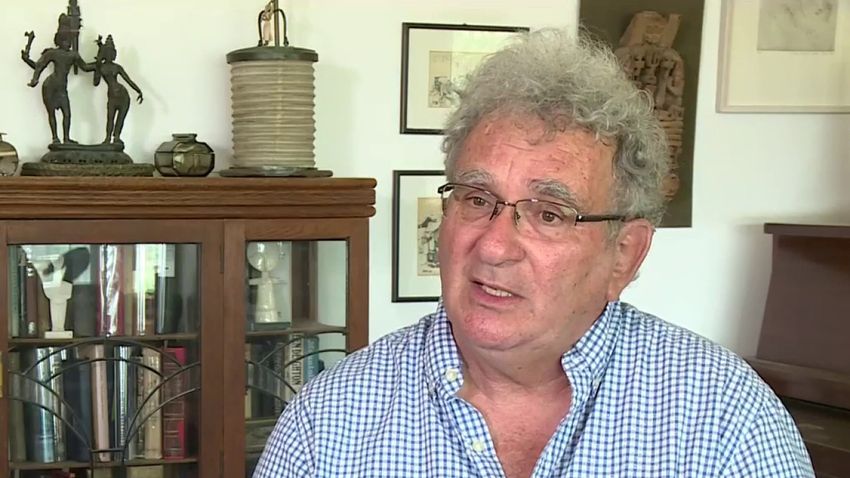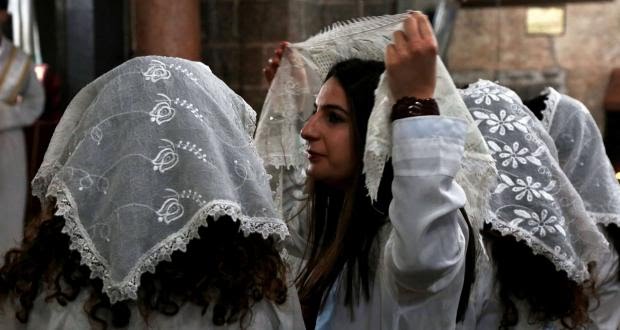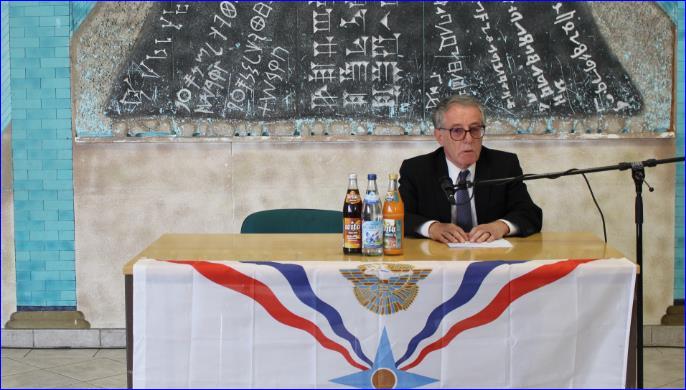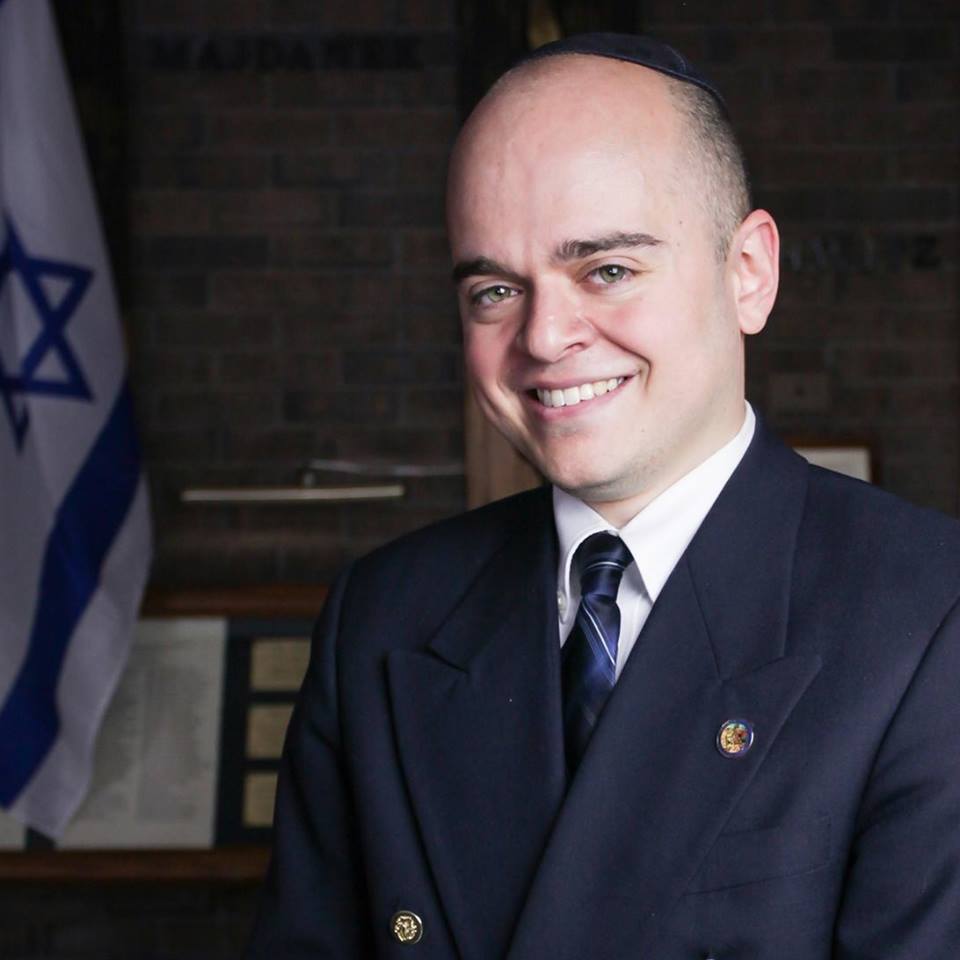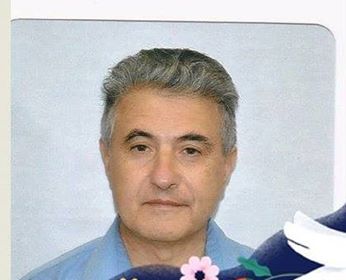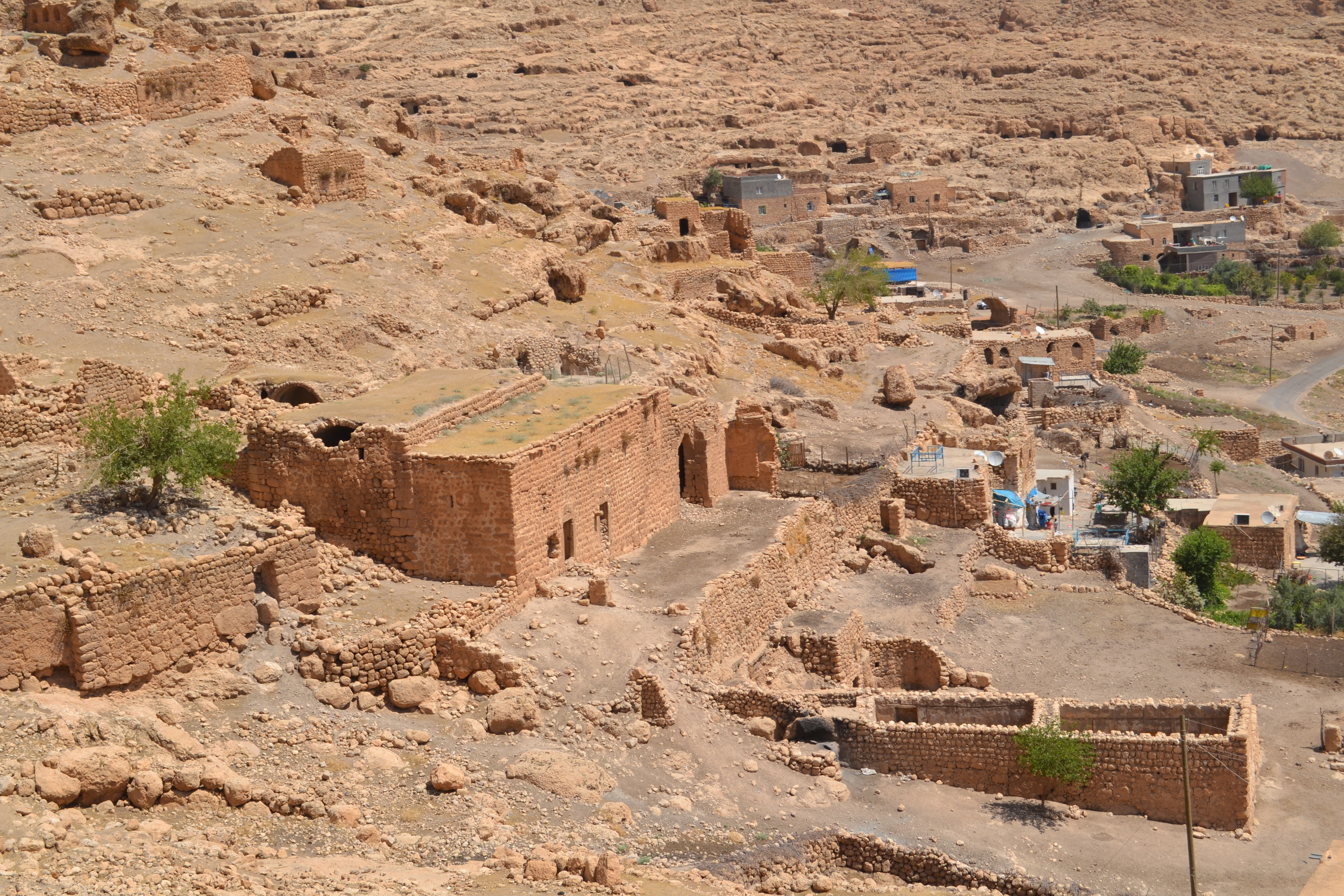By Daniel Campos Between 1894 and 1924, 1.5 million to 2.5 million Christians were murdered in Anatolia World-renowned Israeli historian Benny Morris sat down with i24NEWS to discuss his new body of work, which seeks to unravel the systematic genocide of Christian subjects of the Ottoman Empire before and after its collapse. As found in The Thirty-Year Genocide: Turkey’s Destruction of its Christian Minorities, between 1894 and 1924, 1.5 million to 2.5 million Christians were murdered in Asia Minor. Many of Morris and …
Category: English
By Nurcan Baysal A photograph on the Voice of America website last month showed Armenians in Diyarbakır, my hometown, celebrating Easter in a café, as they still had no access to their church. The curfew put in place by Turkish authorities in December 2015 remains in effect in the 6 districts of Sur, the ancient centre of Diyarbakır, where the Surp Giragos Armenian Church is located. During the clashes between young Kurdish insurgents and the Turkish state, military curfews were declared …
By Sabri Atman The Turkish Republic, as the lawful successor of the Ottoman Empire, has a policy of denial and refuses to acknowledge the genocide despite overwhelming evidence. The Republic of Turkey was founded on the genocide of 1915 and even after 104 years the genocidal mentality remains. President Erdogan maintains, “Muslims cannot commit genocide.” During the years of World War I more than half of the Assyrian population in the Ottoman Empire was systematically murdered. The majority of those …
AINA News By Tuma Abraham, MD Augsburg, Germany (AINA) — In a lecture at the Assyrian Mesopotamian Association of Augsburg on April 22nd to mark the commemorative event of the 104th anniversary of Assyrian Genocide, Mr. Abdulmesih BarAbraham examined a sociological aspect of genocide, how victims of genocide view themselves given their unique experience of mass murder. From their grandparents who survived the genocide, the Assyrians know well the repeated saying: what happened to us did not happen to any …
Bradley Martin is a Senior Fellow with the news and public policy group Haym Salomon Center and Deputy Editor for the Canadian Institute for Jewish Research. He is a graduate of Concordia University, where he completed his MA in Judaic Studies after having completed a double BA in Specialization History and Judaic Studies. Brad’s work has been published in a number of academic journals, which include publications put forth by Concordia University, McGill University and the University of Cambridge. His byline can …
By Stavros T.Stavridis Britain forwarded this seven-page document to the Australian Government possibly in early 1923.[1] The Australians were being primed with important information on a region whose future was still undecided but Britain wanted to keep it for military, strategic, economic and political reasons. This item provides an excellent historical overview of the British presence in Mesopotamia ( Iraq ) and Persian Gulf from 1900 till 1922. The document titled “ Why did we go to Iraq ?” was prepared …
The confiscation of Assyrian properties in Turkey is not limited to the Assyrian genocide. It is a process that continues to this day. The land of the Syriac Orthodox Mor Augin Monastery is located on Mount Izlo, in the region known as Tur Abdin (South East Turkey). Mor Augin Monasteries’ land has been seized by some “good” Kurds for more than forty years, despite several attempts by the Assyrians to gain back their land. The Kurds that seized the monastery …

